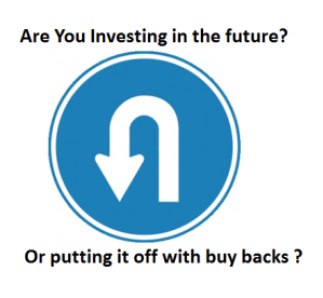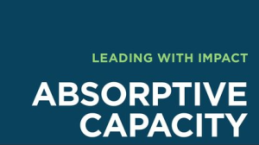 Breaking News: “Over the past 15 years, a portfolio of stocks based on the Innovation Leaders analysis has repeatedly outperformed all major indexes. Average return has been 14.5% CAGR and in 2016, growth was 18.9% – significantly higher than S&P500, NASDAQ and FTSE 100.
Breaking News: “Over the past 15 years, a portfolio of stocks based on the Innovation Leaders analysis has repeatedly outperformed all major indexes. Average return has been 14.5% CAGR and in 2016, growth was 18.9% – significantly higher than S&P500, NASDAQ and FTSE 100.
Year after year, this analysis has proven that those firms identified as being the most effective innovators consistently outperform their peers and the market.”
Now is that surprising?
It should not be but sadly for the vast majority of companies that do not treat innovation as seriously as they should, as the growth enabler, it keeps them in a constantly lagging position. It tells a very powerful message, one of investing in innovation seriously and in sustaining levels, you can grow well above others.
Points from this research
Continue reading “Setting yourself apart through Innovation”



